Values at the Wheel:
Living Life Fully with OCD


Dr. Emily Wharton
Licensed Psychologist
Expertise:
OCD, Anxiety, Acceptance & Commitment Therapy
-
If you’re tired of OCD calling the shots, this course is for you. You’ll learn how to respond to obsessive thoughts and urges in a new way — without trying to get rid of them. Using evidence-based tools from Acceptance and Commitment Therapy (ACT) and Exposure and Response Prevention (ERP), you’ll make space for discomfort while moving toward what truly matters to you. This isn’t about fighting OCD — it's about putting your values back in the driver’s seat and building the life you want to live.
-
Learn how to notice obsessive thoughts and urges without automatically reacting to them. You’ll practice recognizing when OCD shows up—and explore how to respond in ways that support your well-being, not your fear.
Build confidence in doing what matters to you, even when anxiety or doubt are along for the ride. Through guided exercises, you’ll learn to take meaningful action while allowing uncomfortable thoughts and feelings to be present.
Clarify your personal values and use them to guide your choices—rather than letting OCD steer. You’ll reconnect with what’s important to you and begin building a life shaped by your own goals and values, not OCD’s rules.
-
Bluett, E. J., Homan, K. J., Morrison, K. L., Levin, M. E., & Twohig, M. P. (2014). Acceptance and commitment therapy for anxiety and OCD spectrum disorders: An empirical review. Journal of Anxiety Disorders, 28(6), 612–624. https://doi.org/10.1016/j.janxdis.2014.06.008
Evey, K. J., & Steinman, S. A. (2023). Acceptance, and Values-Based Behavior Change. New Harbinger Publications. A Systematic Review of the Use of Acceptance and Commitment Therapy to Treat Adult Obsessive-Compulsive Disorder. Behavior Therapy, 54(6), 1006–1019. https://doi.org/10.1016/j.beth.2022.02.009
Hayes, S. C., Strosahl, K. D., & Wilson, K. G. (2016). Acceptance and Commitment Therapy: The Process and Practice of Mindful Change (Second edition). The Guilford Press.
Mazza, M. T. (2020). The ACT Workbook for OCD: Mindfulness, Acceptance, and Exposure Skills to Live Well with Obsessive-Compulsive Disorder. New Harbinger Publications.
Philip, J., & Cherian, V. (2021). Acceptance and commitment therapy in the treatment of Obsessive-Compulsive Disorder: A systematic review. Journal of Obsessive-Compulsive and Related Disorders, 28, 100603. https://doi.org/10.1016/j.jocrd.2020.100603
Stoddard, J. A., & Afari, N. (2014). The Big Book of ACT Metaphors: A Practitioner’s Guide to Experiential Exercises and Metaphors in Acceptance and Commitment Therapy. New Harbinger Publications.
Twohig, M. P., Hayes, S. C., Plumb, J. C., Pruitt, L. D., Collins, A. B., Hazlett-Stevens, H., & Woidneck, M. R. (2010). A randomized clinical trial of acceptance and commitment therapy versus progressive relaxation training for obsessive-compulsive disorder. Journal of Consulting and Clinical Psychology, 78(5), 705–716. https://doi.org/10.1037/a0020508
Twohig, M., Morrison, K., & Bluett, E. (2014). Acceptance and Commitment Therapy for Obsessive Compulsive Disorder and Obsessive Compulsive Spectrum Disorders: A Review. Current Psychiatry Reviews, 10(4), 296–307. https://doi.org/10.2174/1573400510666140714172145
Twohig, M. P., Abramowitz, J. S., Smith, B. M., Fabricant, L. E., Jacoby, R. J., Morrison, K. L., Bluett, E. J., Reuman, L., Blakey, S. M., & Ledermann, T. (2018). Adding acceptance and commitment therapy to exposure and response prevention for obsessive-compulsive disorder: A randomized controlled trial. Behaviour Research and Therapy, 108, 1–9. https://doi.org/10.1016/j.brat.2018.06.005
Wharton, E., & Kanas, N. (2019). Mindfulness-Based Stress Reduction for the Treatment of Anxiety Disorders. International Journal of Group Psychotherapy, 69(3), 362–372. https://doi.org/10.1080/00207284.2019.1599289
-
Module 1
-
Module 2
-
Module 3

